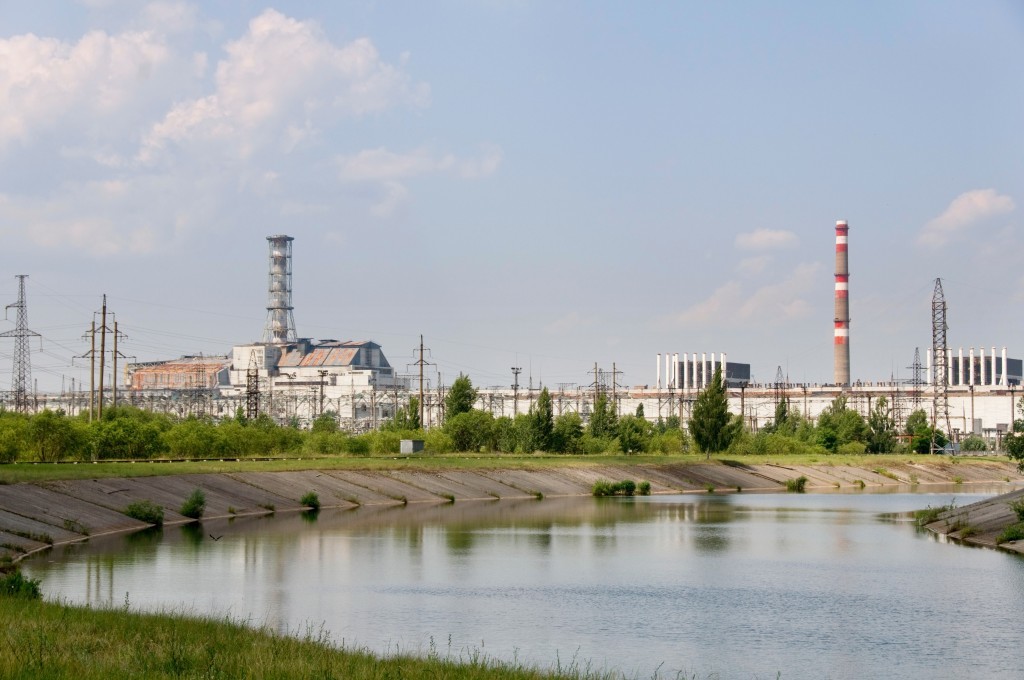
It sounds like science fiction. Yet a cure for Acute Radiation Syndrome (ARS) may be on the horizon thanks to an Israeli scientist and a team from Pluristem Therapeutics Inc.
While the effects on humans of Chernobyl and Fukishima will forever reside in infamy, US Energy Secretary Rick Perry recently acknowledged that nuclear power facilities could be a future target of cyber terror-attacks. With this in mind it’s opportune that there may be an antidote for nuclear exposure in development right now.
Closer to home, this year six oil workers were exposed to radiation while removing a piece of pipe aboard an instillation 125miles off Shetland. Each man can expect to be having his blood tested for the rest of his life.
As our world gets more dangerous, Pluristem Director of Homeland Security, Dr Arik Eisenkraft and his team have been tirelessly testing an antidote, which is injected straight into the muscle, and analysing data to find a cure for human exposure to nuclear radiation.
He said: “Just try to imagine in a mass tragedy event, with all the chaos all around you, attempting to give everyone different blood products. Methods of preparedness could look totally different from how it looks today. This could really be a turning point. This could save lives.
“Looking at the preliminary results in mice we just couldn’t believe it. All of the animals survived. This was a very promising start and after that we kept getting these good results with a very high rate of survival.”
Intrigued by a near 100% survival rate in exposed mice, Eisenkraft has had a whole set of studies funded by the National Institute of Health. They tested non-human primates and achieved an unexpected 85% survival rate. “The animals started getting better” says Eisenkraft “which is something that we really hoped to get, but you never know before you test it.”
In the instance of a nuclear accident such as Fukishima, the fear that quickly sets in can cause people to take risks and act erratically. Eisenkraft points out that people react differently when exposed to radiation and that current methods of treatment are often not fit for purpose.
He said: “First, you don’t really know who will be exposed to radiation. The countermeasures that are currently approved, we know that if you give it to some healthy individuals there are several adverse effects. Another issue is the current Medical Council counter-measures are relevant only for a specific population of blood cells, only the white blood cells, so that when you give it, you manage to prevent infections but there are other cells that are decreasing, for example, red blood cells, then you get anaemia.”
The race is now on to get studies finalised. Eisenkraft is already working with regulators to get this antidote approved and into circulation for emergency use as soon as possible. The implications of a cure for human radiation poisoning are significant. Though Eisenkraft is aware of the potential for strained international relations of such a discovery, he is firmly focused on the scientific and historical significance on citizens.
He said: “We hope that this treatment doesn’t lead governments and agencies to become reckless. Rather, it should help them to better prepare for such an imminent threat. [We want to help] countries that aren’t even using nuclear energy but might share a border with countries that are. If there is an accident, they may also be affected.
“If our results are accepted and our product is approved, with this we could help save lives. That would be the best thing we could achieve. We would be so happy with that. That’s the aim of all of this.”